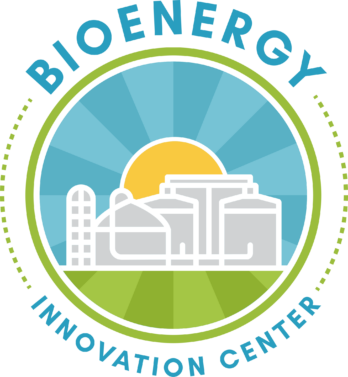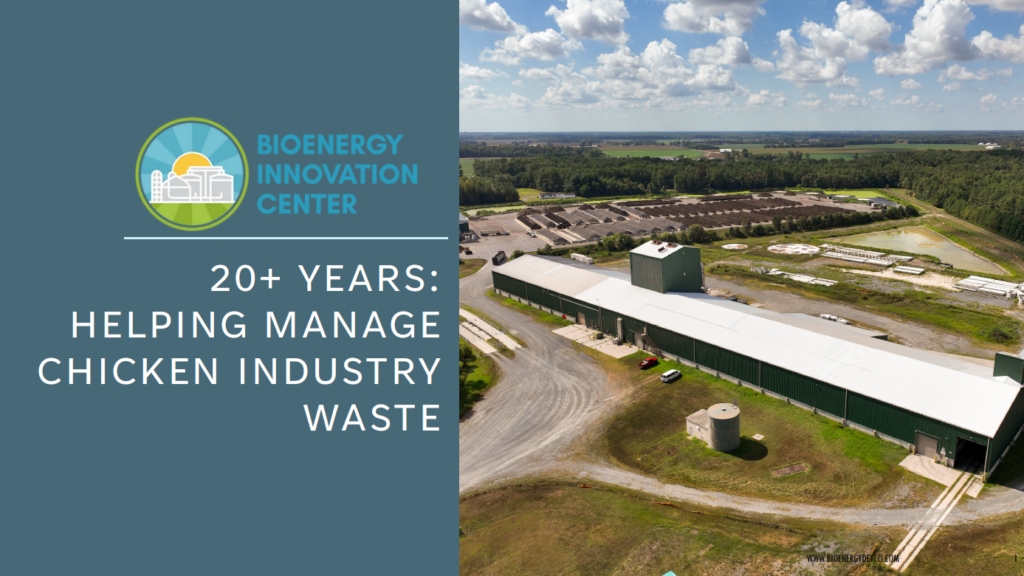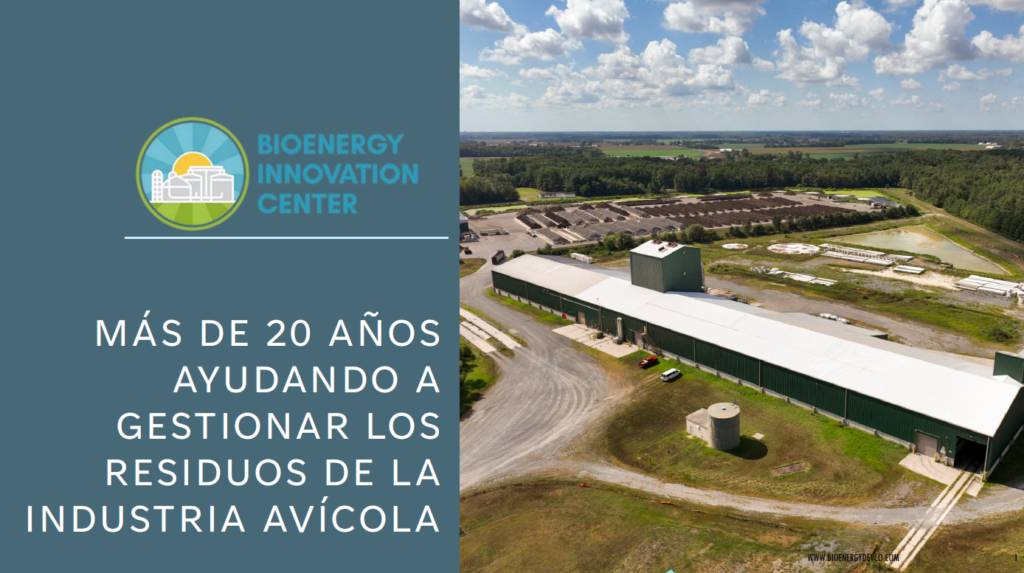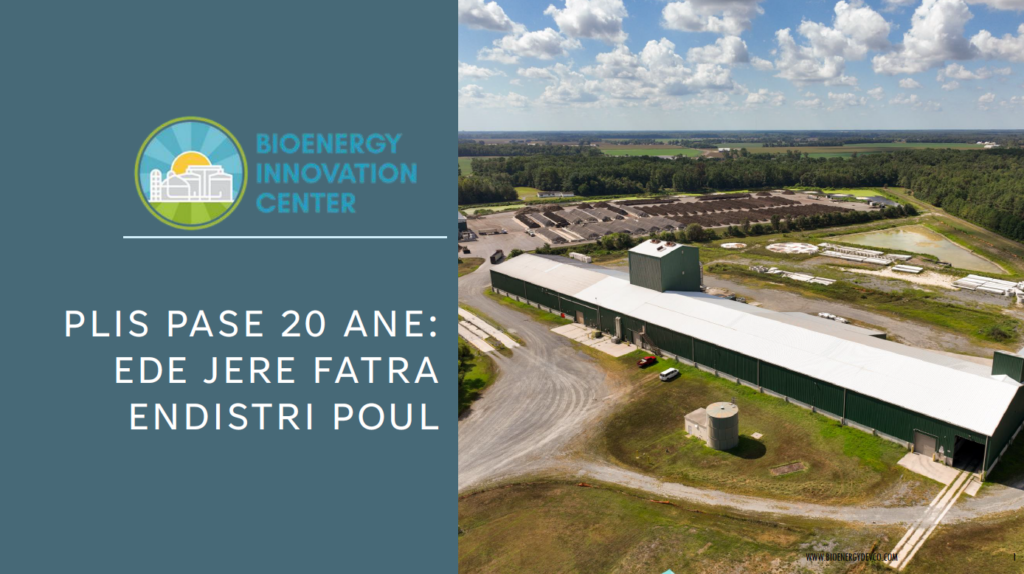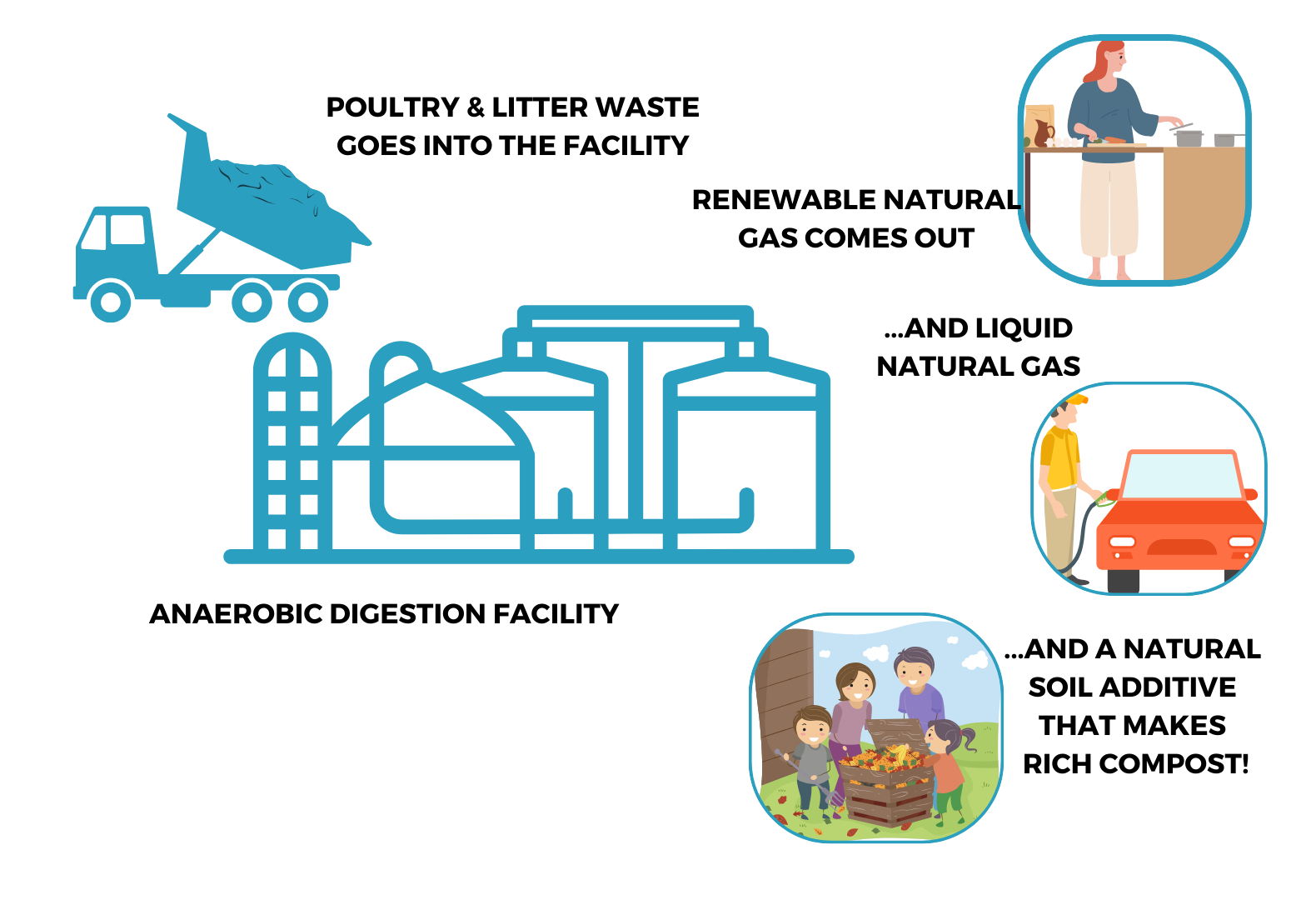THE EXPANDED BIOENERGY CENTER
Transforming Poultry Waste into Clean Energy and Healthy Soil Solutions
Will use anaerobic digestion to convert organic waste from the poultry industry into two valuable resources:
Locally Produced Clean Energy
Low-emissions renewable energy to power homes, businesses, and vehicles across the region.
Natural Soil Amendment
A composted digestate that restores soil, supports agriculture, and improves land use.
The process uses biology, not combustion – similar to how a cow’s stomach breaks down food – scaled up for energy and positive environmental impact.
BTS Bioenergy, together with its Italian subsidiary BTS Biogas, has built more than 250 similar facilities globally and currently operates 140 of them.
PROJECTUPDATE
See the presentation made to the Delaware Department of Natural Resources
WHATIS ANAEROBIC DIGESTION?
A Natural Process, Engineered for Impact
Anaerobic digestion is a clean and proven technology that uses microbes to break down organic material in an oxygen-free environment. It’s the same biological process that happens inside a cow’s stomach, scaled up to create valuable resources from waste.
At the Bioenergy Innovation Center, poultry waste from the Delmarva region will be placed in fully enclosed tanks where it will be safely and efficiently converted into low-emission energy that can heat buildings, power equipment, and support local infrastructure. It will also create digestate, a nutrient-rich material that is composted on site and used to improve soil health on farms and in land reclamation projects
This enclosed, controlled system helps protect local waterways, reduce harmful emissions, and ensure organic waste is put to work – not wasted.
WHYANAEROBIC DIGESTION?
Ineffective disposal of excess food and agricultural waste has serious impacts on the environment and the health of local communities. These materials are often sent to incinerators, where they are burned and release air pollution, or to landfills, where they break down and release harmful gases into the atmosphere.
Anaerobic digestion offers a cleaner, more reliable solution, especially in regions that produce large amounts of food waste and face challenges in managing it. This natural process uses microbes to break down organic material inside enclosed tanks, reducing harmful emissions, lowering the need for fossil fuels and chemical soil additives, and helping communities move away from outdated waste systems. The result is locally produced, low-emission energy and a nutrient-rich soil amendment that supports agriculture, improves land quality, and provides long-term environmental and economic benefits.
BENEFITSFOR THE LOCAL COMMUNITY
Safe Water Quality
BDC’s fully enclosed anaerobic digesters eliminate the groundwater pollution often caused by excessive land application and landfill operations, minimizing runoff that can poison ecosystems and cause significant human health problems. The facility does not require fresh water to process materials.
An alternative to land application
Residents of Sussex County are well familiar with the unpleasant, pervasive smell associated with land application. Instead of those materials being spread on, sprayed on, or injected into farm soil, they will be taken to the Bioenergy Innovation Center and recycled in an enclosed system.
Economic Development
The Bioenergy Innovation Center will expand its workforce. In addition to the equipment operators, floor operators, mechanics, and administrative staff employed there now, we will hire environmental technicians and microbiologists once the work is expanded.
Better Air Quality
In Sussex County, the facility is designed to minimize carbon-intensive disposal methods, such as landfills and land application, which release polluting greenhouse gases and damage the air we breathe. Shifting away from polluting forms of organics disposal will yield immediate tangible results for the environmental health of Delaware’s communities ¬– particularly those that have been most underserved historically.
Healthy and Safe Living
BTS Bioenergy welcomes the opportunity to build relationships with communities. We are committed to understanding community priorities that address jobs, local hiring, environmental concerns, and other challenges to guarantee that the communities in which we operate enjoy the benefits of anaerobic digestion. We have implemented many design features relating to odor and dust control, traffic concerns, noise, safety, and much more.
BY THE NUMBERS
A typical anaerobic digestion project can:

Visit our virtual media room to watch tour videos, view informational materials, meet our team, and more.
